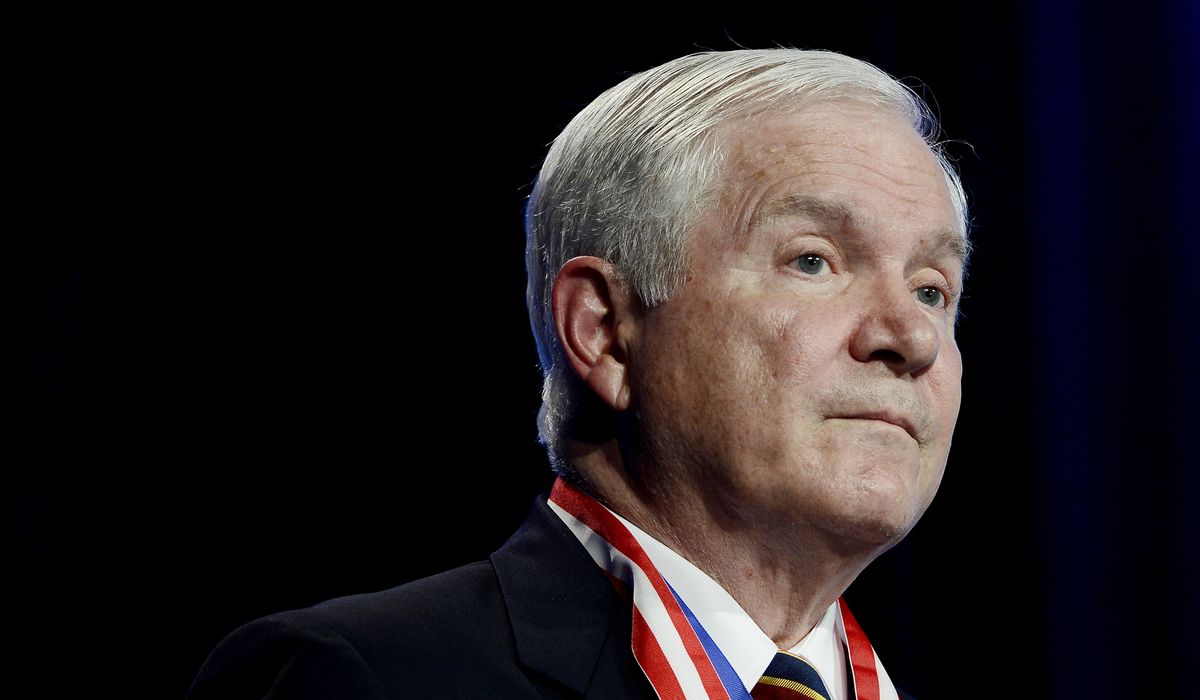

Former Defense Secretary Robert Gates noted Sunday that Europe had been warned for decades about allowing Russia to build oil pipelines and becoming dependent on the Kremlin for energy.
During an interview on CBS News program “Face The Nation,” Mr. Gates said that while the invasion of Ukraine has weakened Russia economically, Europe made the mistake about accepting and funding Russia’s oil pipelines decades ago.
“I was there in the Reagan administration as deputy director at the CIA when we tried to persuade the Europeans that letting the Russians build those pipelines was a stupid mistake, and that they would end up politically on the fence, on the defensive with the Russians, that they could use this as a political weapon,” said Mr. Gates, who also served as defense secretary under Presidents George W. Bush and Barack Obama.
“Not only did the Europeans want them,” Mr. Gates told CBS, “they provided the steel, the pumps, the turbines, and they even provided the financing. So they’ve finally done, after 40 years what we told them they ought not do 40 years ago.”
Mr. Gates made these remarks a day after Russia halted gas exports to Finland after nearly a half-century of such sales, a Kremlin move that came just after the Finnish government announced it wanted to join NATO.
Saturday’s move from Moscow follows a decision to cut off electricity exports to the country earlier this month. The Finnish state-controlled oil company Neste ended up substituting imports of Russian crude oil with crude oil from a different place.
SEE ALSO: Pentagon chief Lloyd Austin to host Ukraine working group meeting on Monday
European Union member states have been discussing a possible embargo on Russian crude oil imports into their respective countries for several months.
Although Germany initially opposed the ban, Berlin changed its mind and said it will cease purchasing Russian oil by the end of the year even if an EU-wide prohibition on Russian oil fails. Hungary, however, remains opposed to such a ban.
The U.S. banned all Russian oil imports in early March.
• This article was based in part on wire-service reports.
